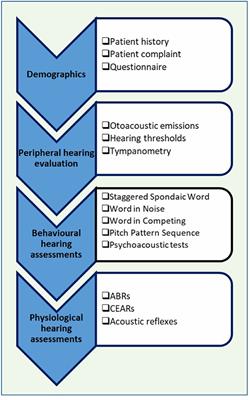ORIGINAL RESEARCH
Published on 04 Dec 2024
Virtual reality games for spatial hearing training in children and young people with bilateral cochlear implants: the “Both Ears (BEARS)” approach
doi 10.3389/fnins.2024.1491954
- 577 views
3,510
Total downloads
20k
Total views and downloads
Select the journal/section where you want your idea to be submitted:
ORIGINAL RESEARCH
Published on 04 Dec 2024
EDITORIAL
Published on 26 Nov 2024
ORIGINAL RESEARCH
Published on 09 Oct 2024
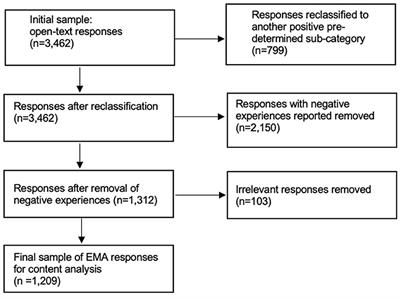
ORIGINAL RESEARCH
Published on 01 May 2024
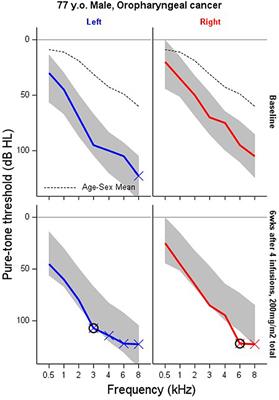
ORIGINAL RESEARCH
Published on 18 Apr 2024
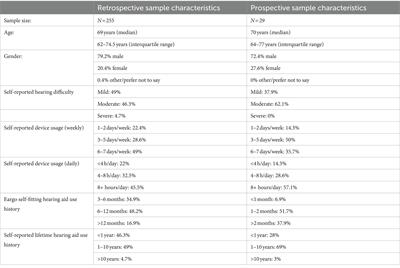
ORIGINAL RESEARCH
Published on 21 Mar 2024
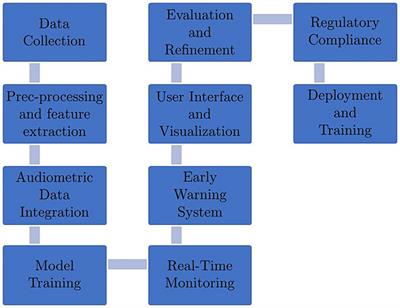
ORIGINAL RESEARCH
Published on 09 Feb 2024

ORIGINAL RESEARCH
Published on 26 Jan 2024
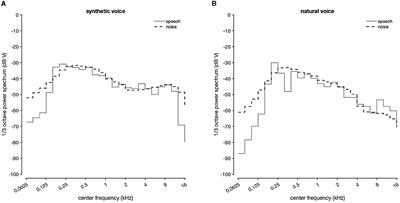
ORIGINAL RESEARCH
Published on 21 Dec 2023
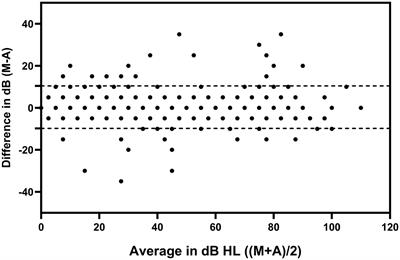
ORIGINAL RESEARCH
Published on 23 Nov 2023
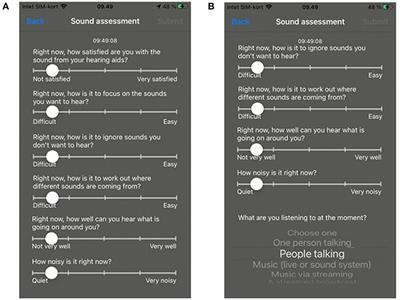
ORIGINAL RESEARCH
Published on 19 Sep 2023
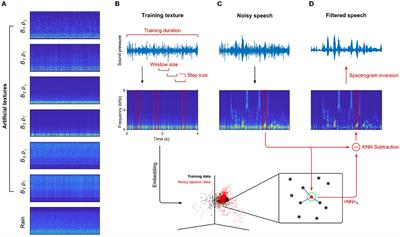
ORIGINAL RESEARCH
Published on 21 Jul 2023
